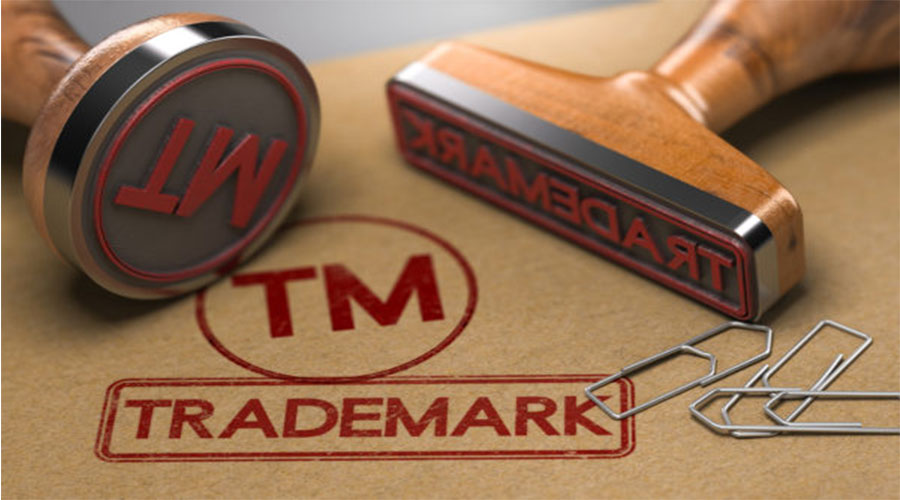Introduction
With the increasing growth of competition in today’s world, there is a higher chance that the product you are offering may be identical with or similar to other products offered by competitors. This usually creates confusion in minds of the customers which may consequently affect your business.
The name associated with your business is one of the most important assets of your company. It symbolises your reputation and the world associates it with your brand.
Trademarks, thus, come as a safeguard to your brand. A registered trademark protects your rights and secures the exclusivity you attain by registering it. While the courts enable you to bring legal action against those misusing or infringing your Trademark, it is the Trademark owner’s obligation to monitor such unauthorized use of its Trademark.
In UAE, the provisions relating to trademark and it’s registration are envisaged in the UAE Federal Law No. 37 of 1992 concerning on Trademarks (“Trademarks Law”). The Ministry of Economy and Commerce (“Ministry”) is responsible for registering Trademarks in the UAE, which covers registration in all the seven Emirates.
What is a Trademark?
As per Article 2 of the Trademarks Law, a trademark is a distinguished form of names, words, signatures, letters, figures, graphics, logos, titles, hallmarks, seals, pictures, patterns, announcements, packs or any other marks or group of marks, if they were used or intended to be used either to distinguish goods, products or services from any origin, or to indicate that certain services, goods or products belong to the owner of the trademark, because of he manufactures, selects or trades therein, or that a service has been rendered.
Your Trademark is synonymous with your brand name which enables customers to both, identify and distinguish a business or product from others in the market. Once the Trademark is registered, you have right to legally protect yourself from any business/company/person who makes an attempt to use a similar/ same trademark with a view to encash on your brand value.
Who can apply for a Trademark?
The law recognises four classes of persons who have the right to register trademarks:
- State Nationals, natural or juridical persons, carrying out any commercial, industrial, handicraft or services activity.
- Foreign Nationals, natural or juridical persons, carrying out any commercial, industrial, handicraft or services activity in the State.
- Foreign natural or juridical persons carrying out any commercial, industrial, handicraft or services activity in any country which treats the State according to the reciprocity principle.
- Public juridical persons.
Duration of a Trademark
Article 19 of the Trademark Law contains the details of duration of protection resulting from registration of a trademark-
- The period of protection resulting from the registration of a trade mark shall be ten (10) years.
The trademark owner, however, may secure the continuance of such protection for successive periods of ten (10) years each if he applies for renewal of such trademark’s registration within the last year of the valid protection.
Trademark Registration Process
Prior to the registration of trademark, the applicant must verify whether the desired trademark is already taken or not, by carrying out an online search through the Ministry’s website, which is normally got done by engaging the services of any trademark attorney registered with the Ministry by paying the required fee.. If the trademark you choose is registered/used by a different business entity, that particular trademark cannot be used by you. Therefore, once you choose your unique trademark, which is not already registered with the Ministry in the class of goods or services set out in the Trademarks law in which you want to register it, you may proceed to initiate the process of registration.
Thereafter, the applicant shall file the application form for registration, which can be downloaded online from their e-services website (https://services.economy.ae/m/TMR). You would require the following documents while filing for registration:
- Power of Attorney;
- Commercial License;
- Contact Details of Applicant;
- A Sample of Trademark Design;
- ID or Passport of Person who will Sign the Application; and
- List of Goods and Services to be Protected.
Once the Ministry reviews your application, it shall notify you of any queries or clarifications required to process your application. Upon clearing such clarifications, you may receive the approval for the trademark within thirty (30) days. However, in the event your application is rejected, you have the right to appeal and make the necessary changes in the application.
After giving you the approval, the Ministry will publish the document in two different national newspapers, the cost of which shall be borne by the applicant. If anyone has any objections to the trademark they can voice their complaint within thirty (30) days of publication.
If there is no complaint against the trademark in the specified time, the Ministry would provide you with a Certificate of Registration. This would include the registration number, date of the application, name of the business and the owner’s name, your trademark and the description of your product, goods and services that are categorised under it, and the class or classes if there is more than one in which each such trademark is registered.
Whole process can be easily understood by the following chart:
Estimated Fees for Registration
| Government fees/ Expenses | Fee (AED) | Payment time |
| Trademark Search fee | 500 | Advance |
| Filing fee | 1000 | Before filing |
| Publication in Trademark Journal | 1000 | Before Publication |
| Publication in Two Arabic newspapers | 1500 | Before Publication |
| Registration fees | 6700 | At Final stage |
| Total | 10700 |
Licensing the Use of Trademark(s)
The owner of a registered trademark can license to any other party by entering into appropriate license agreement with such party that is notarized, and Trademarks Law allows the recording of such license agreement with the Ministry and cancellation thereof subject to the provisions set out therein. For the licensee to get protection for use of the trademark as against third parties, the license needs to be recorded with the Ministry.
Conclusion
A registered trademark, definitely, gives the owner exclusive right to use the business name nationwide in connection with the goods and services identified in the registration, and allows to enforce the trademark by filing a lawsuit in court. However, the owner of the Trademarks should be vigilant in monitoring any unauthorized uses of same and take adequate measures to prevent it.
It is pertinent to note that a registered trademark can be struck off, if the Israeli Boycott Office deems the trademark to be similar or identical to an Israeli mark, logo or emblem and/or and also the mark belonging to persons subject to a boycott decision.
Moreover, the Trademark Law prohibits the registration of marks that (a) have no distinctive property or character or those that are made of customary applications of the name of the goods, products, services or the ordinary drawings; (b) breach the public morals; (c) are Public emblems, flags and other logos, of the State; (d) are identical or similar to symbols having a purely religious character; (e) are similar or same as logos of the Red Crescent or Red Cross; (f) may mislead the public or include misstatements on the origin or source of products or services; and (g) are marks deemed as just a translation for a renowned mark or another mark already registered, among others.

